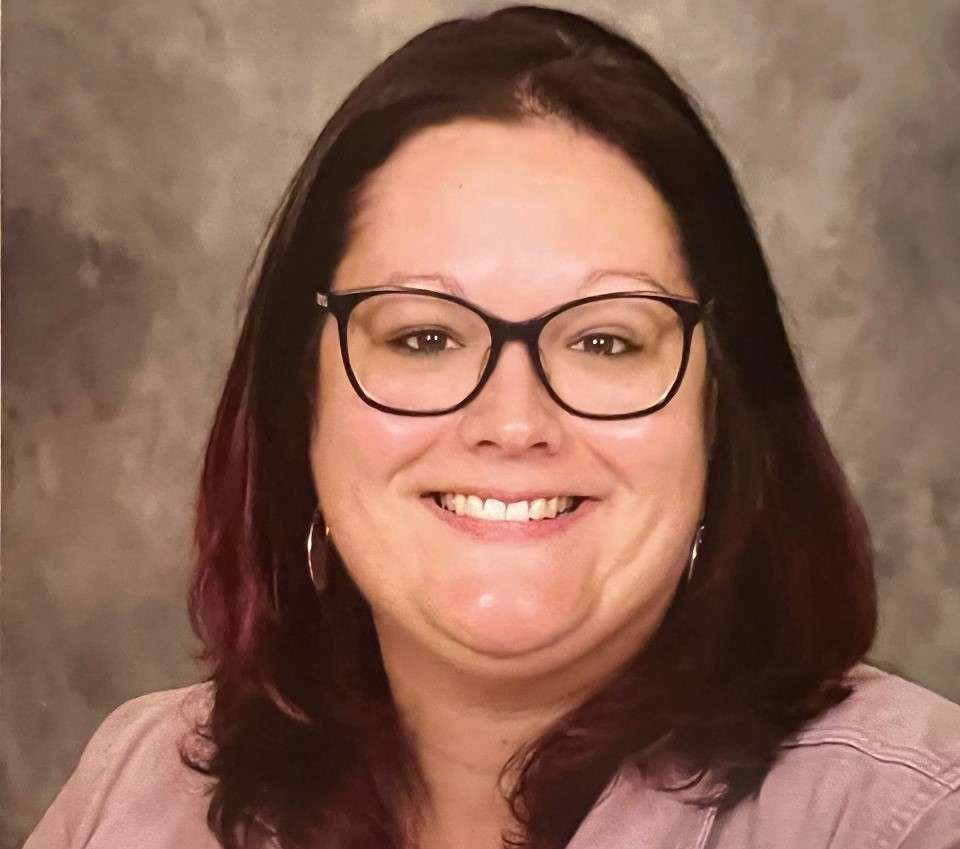At the polls on Nov. 8, China voters will express their opinions on state elections, including choice of town representatives to the state legislature; local elections for select board, planning board, budget committee and Regional School Unit #18 director; and eight local referendum questions.
Six of the referenda ask approval to spend federal American Rescue Plan Act (ARPA) funds for specified projects. Two are proposed amendments to town ordinances.
With one exception, members of the town select board and budget committee recommended unanimously that voters approve all proposed expenditures.
The exception is the first question, asking for $70,000 in ARPA funds to help create a privately-owned fiberoptic broadband system that would initially extend broadband service to parts of China that are unserved or underserved.
China Broadband Committee (CBC) members have repeatedly discussed expanding and improving service and have explored various approaches. The current plan would add the $70,000 to $300,000 from the Tax Increment Financing Fund (TIF) for the town’s share of a privately-owned and privately-run broadband service, comparable to and competitive with Spectrum and other providers serving China residents.
China voters already approved a schedule of TIF expenditures that includes $30,000 a year for 10 years for broadband.
The remaining cost of the expansion and improvements would be paid by Direct Communications, of Idaho, and its Unity-based subsidiary, UniTel, who would own and operate the service, and by a state grant aimed at extending broadband service to unserved and underserved areas.
Select board members unanimously recommend approval of the funding, even though some have opposed past CBC recommendations. When the budget committee reviewed the question, after a brief discussion five members voted to recommend the expenditure and Michael Sullivan voted against recommending it.
The other question that generated discussion on the select board and the budget committee is No. 5 on the ballot, the request for no more than $75,000 in ARPA money for a new, one-year, senior fuel assistance program. Select board member Wayne Chadwick suggested the program as he looked at high prices residents are likely to face to keep warm this winter.
Discussion was not over the merits of the program, but over how it would work. Select board members adopted a set of standards, found on the town website, chine.govoffice.com, under the elections tab, with the title “Senior Citizens Fuel Support Fund.”
The questions that have generated little or no discussion during board and committee meetings ask voters to approve the following ARPA expenditures.
- No more than $21,590, to reimburse China Rescue for an Automated External Defibrillator (AED).
- No more than $7,000 for improvements to the radio tower at the town office complex on Lakeview Drive.
- No more than $22,000 to buy three heat pumps, for the town office and at the transfer station office building and the scale shack.
- No more than $30,000 to repair cemetery fences.
The first proposed ordinance change is an amendment to China’s Quorum Ordinance. The ordinance currently says that every town meeting, regular or special, requires having a quorum assembled before business can begin. The quorum consists of “four percent of the residents registered to vote as of the first business day of January in the year in which the meeting is held.”
This requirement has translated to between 120 and 130 voters in recent past years, before town officials changed to a written ballot in 2020 because the covid pandemic led to a ban on large gatherings.
At the Aug. 22 select board meeting, Town Manager Rebecca Hapgood proposed changing the requirement to 100 registered voters.
She explained that Maine law now automatically registers as a voter anyone who applies for a state driver’s license. Consequently, she said, China adds a handful of new voters almost every week, with no indication that any of them intend to vote; and therefore the quorum requirement steadily increases.
Three select board members recommend voters approve the change. Chadwick and board chairman Ronald Breton think 100 voters too few.
The second proposed ordinance change is a series of amendments to two sections of China’s Land Use Ordinance, recommended by planning board members after long discussion. Many are required to bring China’s ordinance into conformity with state regulations.
Copies of the Land Use Ordinance amendments are on the website, under two left-hand tabs: Elections, above the fuel assistance fund standards, and the separate tab titled “**Ordinance Updates – Public Comments**.”
The long-discussed new ordinance that would govern future commercial solar development in China is not on the Nov. 8 ballot, as planning board members have not yet agreed on a final version.






 by The Town Line staff
by The Town Line staff

